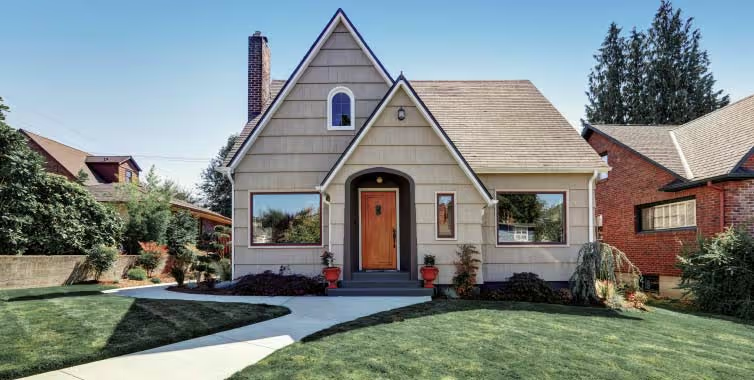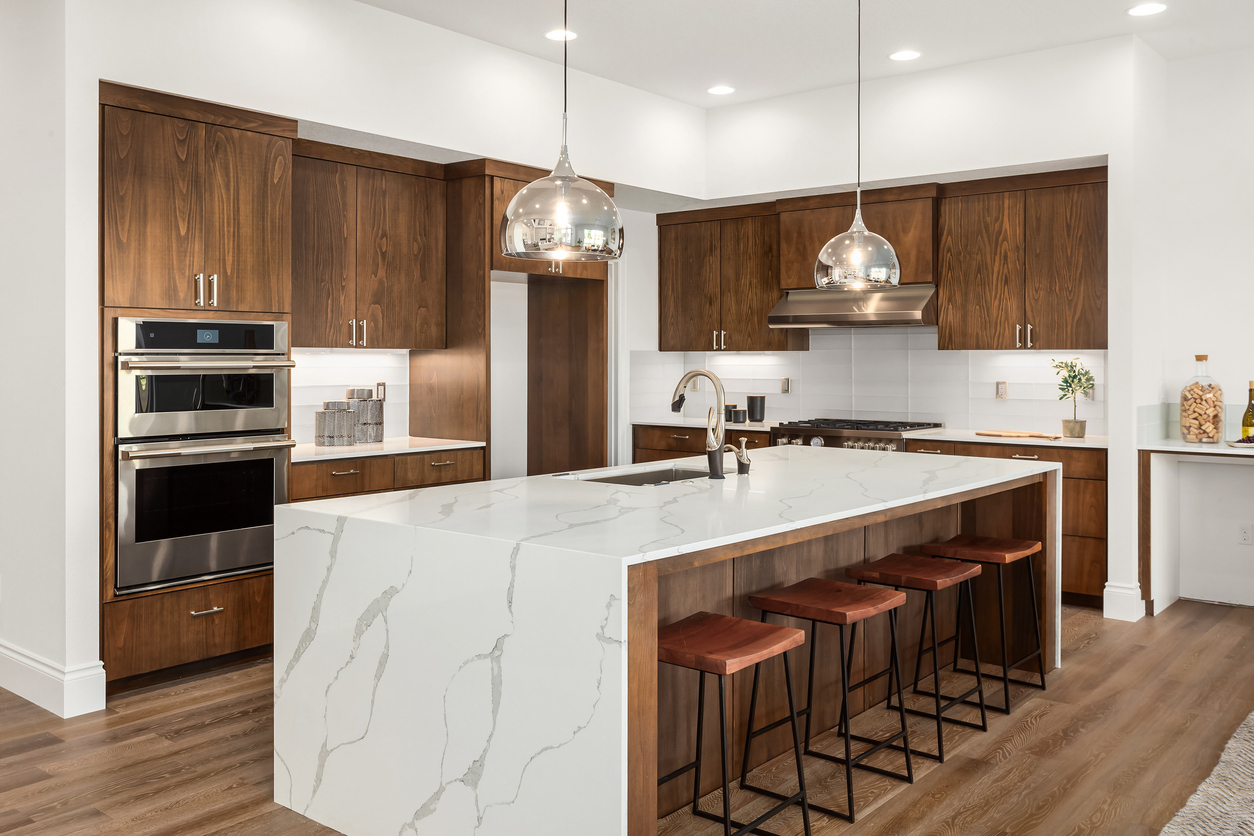Let’s do this. The five main factors that influence your home’s value are location, size and layout, local market conditions, home condition, and select special improvements. That last one is a little bit vague, but we’ll clear it up quickly.
Size and Layout
Square footage is a big deal, but adding square footage alone isn’t a guaranteed increase in your home value. When appraisers are looking at your property, they’re considering, amongst many things, what people want in a home. And people aren’t just looking for square footage, but also a practical and appealing layout. For example, you can have a 1500 square foot house, but if the kitchen is closed off, the entryway is cramped, and you need to walk through one bedroom to get to the next, the value of that square footage is much less than a well-designed layout.
Open floor plans and flexible spaces that can adapt to different needs (like home offices) are also increasingly desirable. This allows people to make the space their own without doing major renovations. Don’t break out the sledgehammer quite yet, though—it’s always best to consult with a trusted real estate agent before you begin any major renovations meant to increase your home’s value. A good agent will have a firm grasp on the local market and what’s most effective for your area.
Home Condition
One might attribute a home’s age with its condition, but it’s completely within reason to see a well-maintained older home appraise for more than a poorly kept new one. How you take care of your home shows to the appraiser. Are upgrades done DIY style in a haphazard way? Those upgrades are going to have less value than ones done the right way.

















.svg)

.svg)














